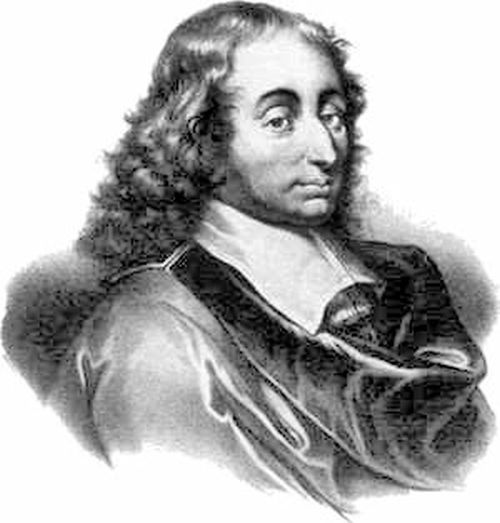The problem of social roles in Pascal’s Three Discourses on the Condition of the Great
DOI :
https://doi.org/10.14232/kulonbseg.2024.24.1.335Mots-clés :
Pascal, társadalmi szerepek, modernitás, szubjektum, 17. századRésumé
The logic of Blaise Pascal’s Three Discourses on the State of the Great has been thoroughly explored by Tamás Pavlovits in his 2014 book What is one man in infinity? Based on this interpretation, I will attempt to show that even if we accept the perspectival logic of orders as the organising force of the Pascalian reasoning, we are still dealing with a text full of unsettling tensions regarding social roles. But these tensions are not a sign of the shortcomings of the thought-construction presented in the discourses, but are telling documents of the profound transformation of the relationship between the individual and society in the early modern period.
Téléchargements
Les données relatives au téléchargement ne sont pas encore disponibles.
Téléchargements
Publiée
2025-03-03
Comment citer
Schmal, D. (2025). The problem of social roles in Pascal’s Three Discourses on the Condition of the Great. KÜLÖNBSÉG (Difference), 24(1), 35–48. https://doi.org/10.14232/kulonbseg.2024.24.1.335
Numéro
Rubrique
Pascal 400
Données de Fonds
-
Hungarian Scientific Research Fund
Numéros de subventions 147141






